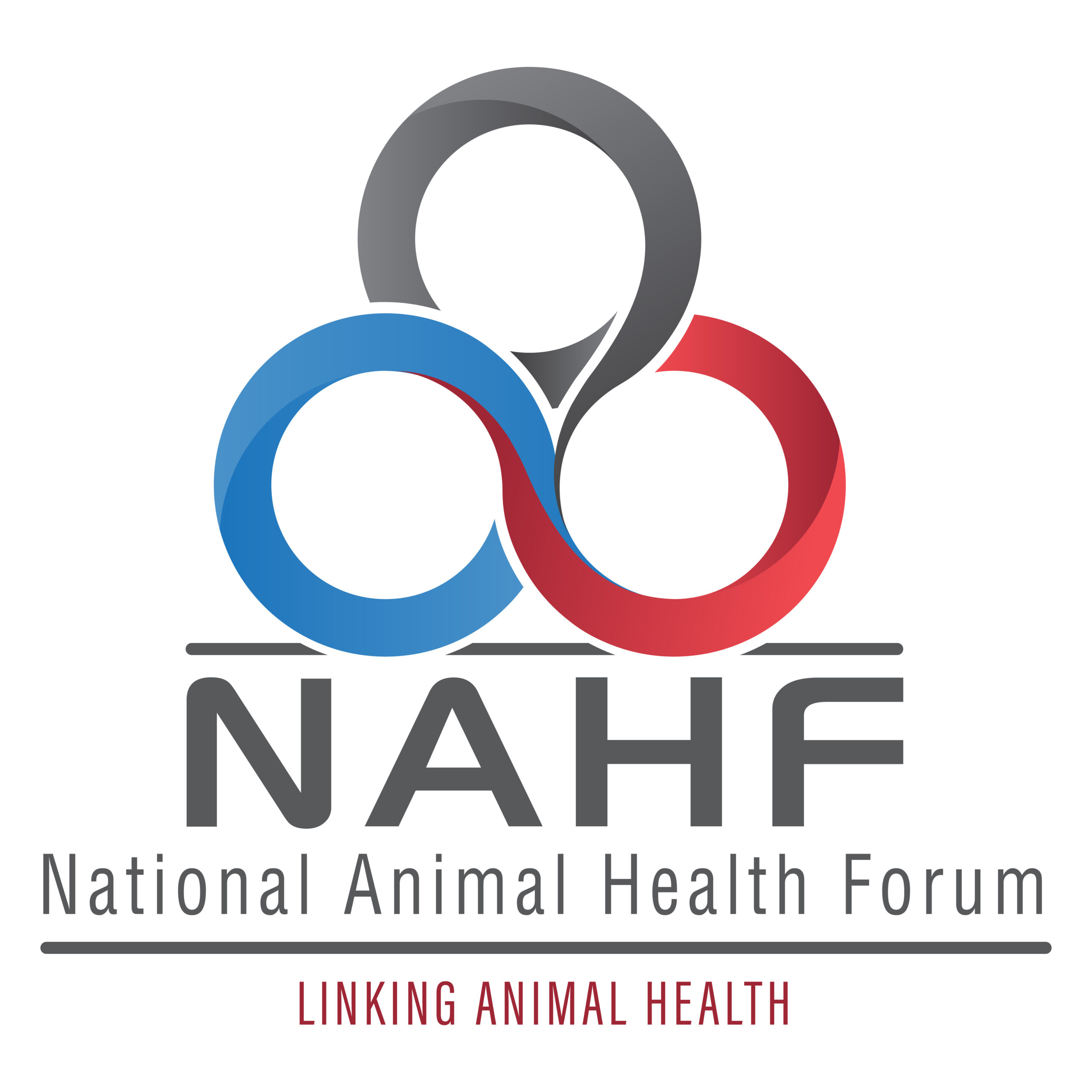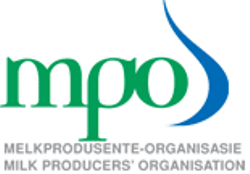
- It is a herd disease! This is a disease that threatens the sustainability of the livestock herds of South Africa. If one animal in your herd tests positive for brucellosis, the whole herd is considered infected and can be placed under quarantine. This is due to the chronic (long-term) nature of the disease and slow onset of symptoms caused by Brucella. Animals that tested negative at first, will often test positive on another round of tests. There is no cure and all cases must be reported to State Veterinary Services, as this is a controlled disease.
- It affects your pocket! Cattle infected with brucellosis may abort; therefore you lose potentially healthy calves and production. Calving intervals will increase, resulting in fewer calves born per cow per year. Milk production decreases, which means less milk for sale from dairy herds and a reduction in potential to produce a calf in beef herds. Infected calving and abortions will contaminate the environment with millions of Brucella bacteria, exposing more of your animals to the disease.
- You can buy into a disaster! Insist on only buying animals that come from herds that have tested negative for brucellosis in the last year. Insist on proof. Ideally, always quarantine newly acquired animals and test them again before mixing them with the rest of your herd. Be careful – don’t ruin your farm and your future.
- Humans can get sick! Brucella bacteria can infect humans and cause fever, flu-like symptoms, and chronic diseases. Humans can get infected by assisting with infected calving, handling infected placentas or abortions, drinking fresh unpasteurised milk from infected animals, and slaughtering infected animals at home. This disease can cause infertility in both men and women.
- Vaccination is a must! It is legislated under the Animal Diseases Act (35 of 1984) that all heifer calves between 4 to 8 months of age must be vaccinated with a registered vaccine (S19 from OBP or RB51 from MSD). Vaccination strengthens your cows’ immune response to the disease and protects your herd and your investment.
Feel free to contact your nearest state/private veterinarian/animal health technician for further information
| For technical queries contact:
Directorate: Animal Health |
For awareness and promotion contact:
Directorate: Food Import and Export Standards
|
| Animal Health
Tel.: +27 12 319 7456 Fax: +27 12 329 7218 E-mail: Epidemiology@daff.gov.za Website: www.daff.gov.za |
Animal Health Promotion Division
Tel.: +27 12 319 6004/6117/6444 E-mail: info.sps@daff.gov.za Website: www.daff.gov.za |
Published on Thursday, 19th November 2020 - 08:46
Recent Posts
disclaimer









